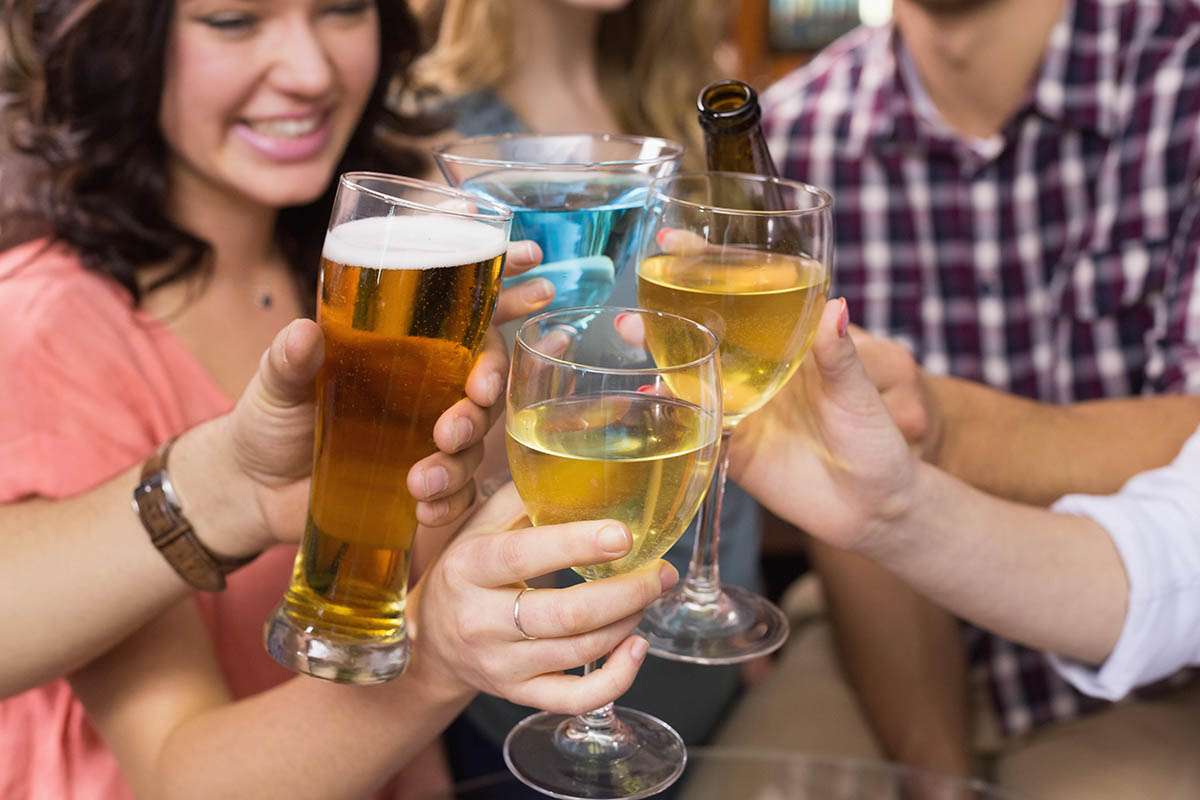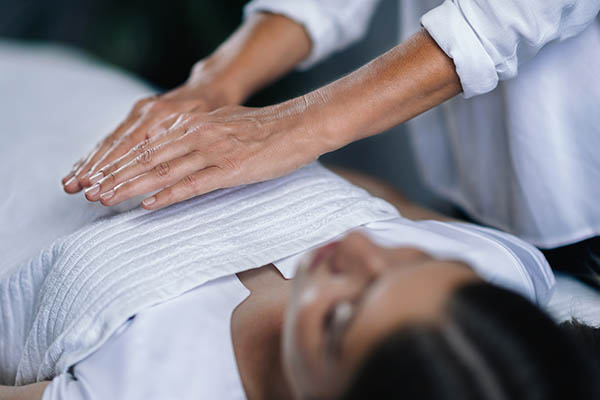By Sharon A. Chirban, PhD In HBR this week, an article was published on the…

Alcohol and Athletic Performance
By: Christina Figueroa, MS, RD, CSSD, LDN
While this month’s newsletter post would ideally be geared towards adults of legal drinking age, the reality is that alcohol often comes into play for athletes less than 21 years old as well. Regardless of your age (don’t worry, we won’t know who’s reading), alcohol can and will have an effect on your performance. Below are some of the known short and long-term effects of alcohol consumption.
Short term effects:
1. Dehydration – Alcohol can act as a diuretic, leading to dehydration. For every alcoholic beverage consumed, it takes double the amount in water to help rehydrate!
2. Decrease in strength, endurance, and motor function – As you may expect, alcohol can decrease your speed, reaction time, hand-eye coordination, and balance.
3. Impaired sleep quality – Alcohol disrupts the necessary sleep cycles (e.g. REM sleep) which can lead to impaired performance and delayed muscle recovery/building.
Long term effects:
1. Increased risk of injury or illness – Athletes who regularly consume alcohol have been shown to have increased risk and rates of injury compared to their non-drinking counterparts. This is likely due to depressed immune function and delay in healing time.
2. Body composition changes – Because alcohol does not provide nutritional value, most of the additional calories consumed via alcohol are typically stored as fat in the body. Overtime, this can lead to unfavorable body composition changes for the athlete.
3. Nutritional deficiencies – Alcohol decreases absorption and use of key important vitamins in minerals involved in metabolic processes such as B12, Folic Acid, and Zinc.
The primary focus for athletes should be adequately hydrating and nourishing their bodies with quality nutrition. Before enjoying a drink or two, make sure to hydrate and refuel! Remember to drink water (double the amount) during and/or after. And as always, please drink responsibly.
If you are experiencing any negative performance effects of alcohol consumption, please consult with an experienced Sports RD. If using alcohol for other reasons such as stress management or as coping, please seek out the help of a mental health professional.
References:
1. CPSDA – Collegiate and Professional Sports Dietitians Association
2. SCAN – Sports Cardiovascular and Wellness Nutrition Dietetic Practice Group


